SERVED – Supporting Evidence-based Research for Veterans Experiencing Dementia
We are pleased to share that Dr Michele Board recently had the wonderful opportunity to present at the Veterans’ Mental Health Conference at King’s College London on 19th May, an event dedicated to sharing research, lived experiences, and innovations aimed at improving mental health outcomes for our veteran community.
Why dementia matters in the veteran community
Dementia is a growing public health concern, and its impact within the veteran population deserves special attention. Military service can expose individuals to unique risk factors — such as traumatic brain injury, PTSD, and heightened stress exposure — which research suggests may influence cognitive health later in life. Despite this, dementia in veterans is still a relatively under-researched and under-acknowledged issue.
Key points from the conference
We were delighted to present some of the work we have been doing with veterans as part of the SERVED project and showcase excerpts of our documentary film, highlighting the need for increased focus on tailored, veteran-specific approaches to dementia care and support.
In the session, Michele shared findings from our research, including the relevance of dementia awareness, as well as findings from the workshops we ran with veterans living with dementia and their carers. One of the striking points Michele raised is that much of the existing research in this field has been predominantly US-based. In fact, a recent literature review found no published studies on UK veterans’ experiences of dementia at the time of searching.
Stigma around dementia remains a challenge within the general public, and it may be even more pronounced in military culture. Combined with increased exposure to risk factors within the military for developing dementia, this makes awareness-raising within veteran communities especially important. Encouraging open conversations about memory concerns and dementia could make a real difference in helping veterans seek support earlier, improving outcomes and quality of life.
What’s next?
Presenting at this conference wasn’t just about sharing our research — it was about starting conversations and building connections. Conversations about how we ensure no veteran feels isolated or overlooked as they age, and how we integrate dementia support into the wider framework of support for veterans. The discussions sparked at the conference led to new interest and increased awareness within the veteran community, highlighting the need to keep pushing this important agenda forward.
Presenting at this conference wasn’t just about sharing our research — it was about starting conversations and building connections. Conversations about how we ensure no veteran feels isolated or overlooked as they age, and how we integrate dementia support into the wider framework of support for veterans. The discussions sparked at the conference led to new interest and increased awareness within the veteran community, highlighting the need to keep pushing this important agenda forward.
Final thoughts
We’re very grateful to King’s College London and the Forces in Mind Trust for providing a platform to shine a light on this important issue, and we look forward to seeing how this conversation continues to grow.
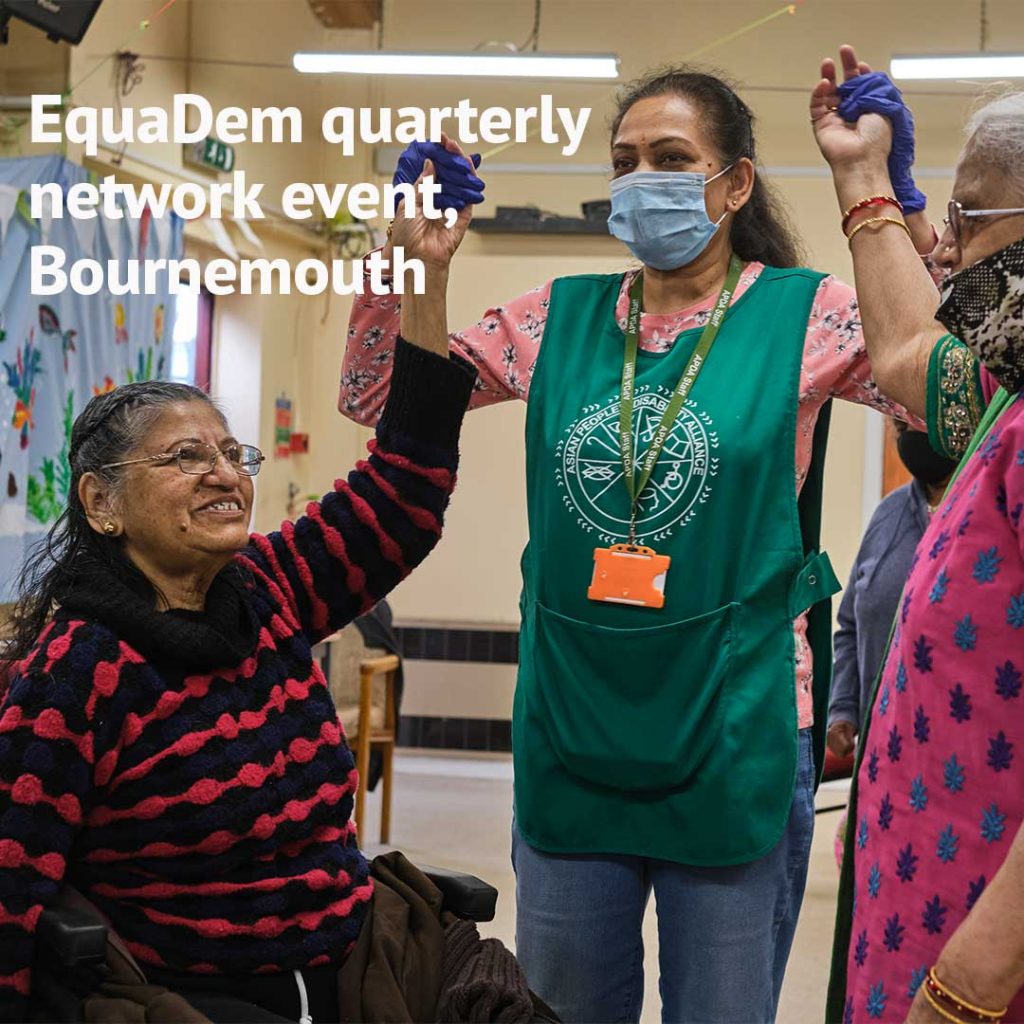


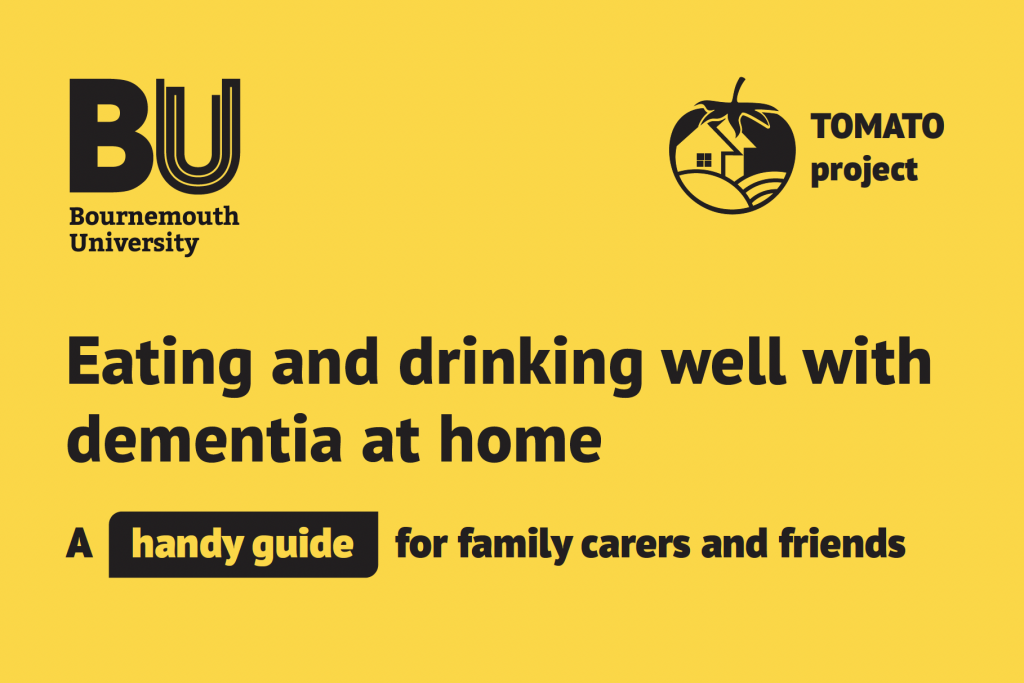
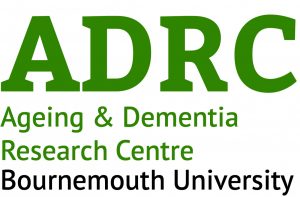
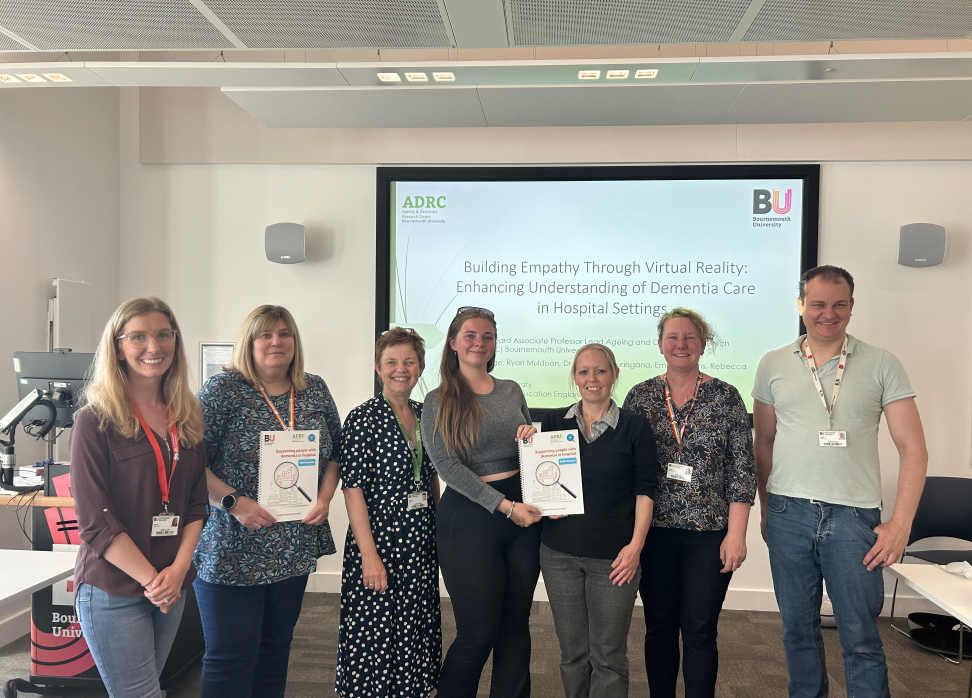
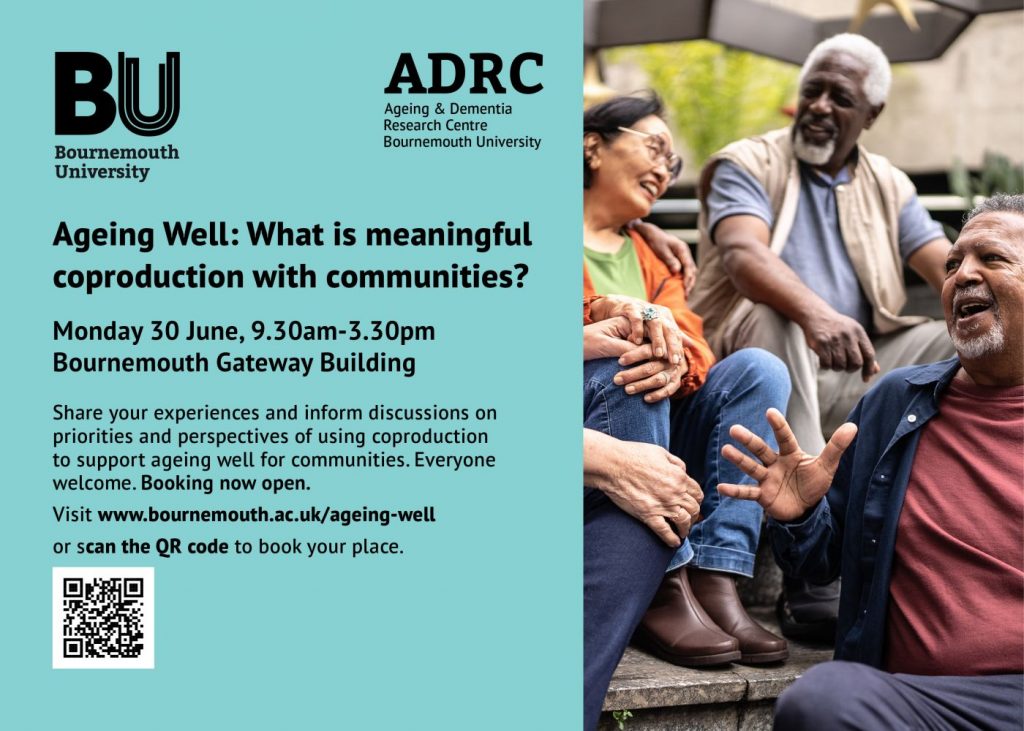


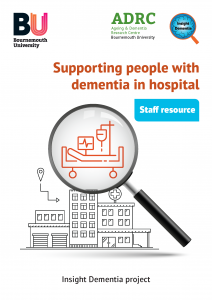




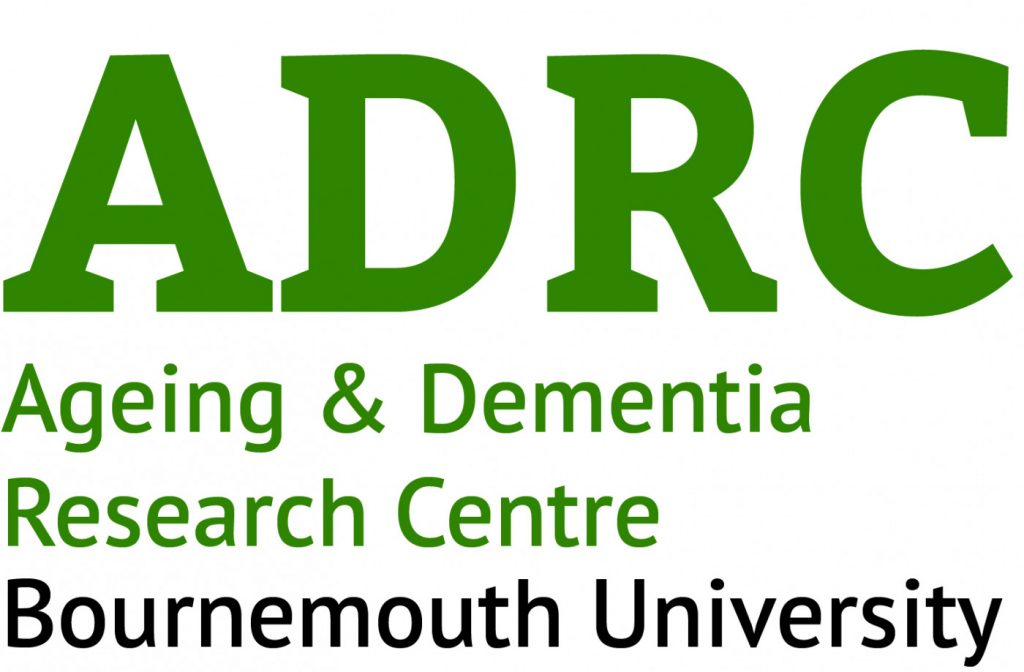
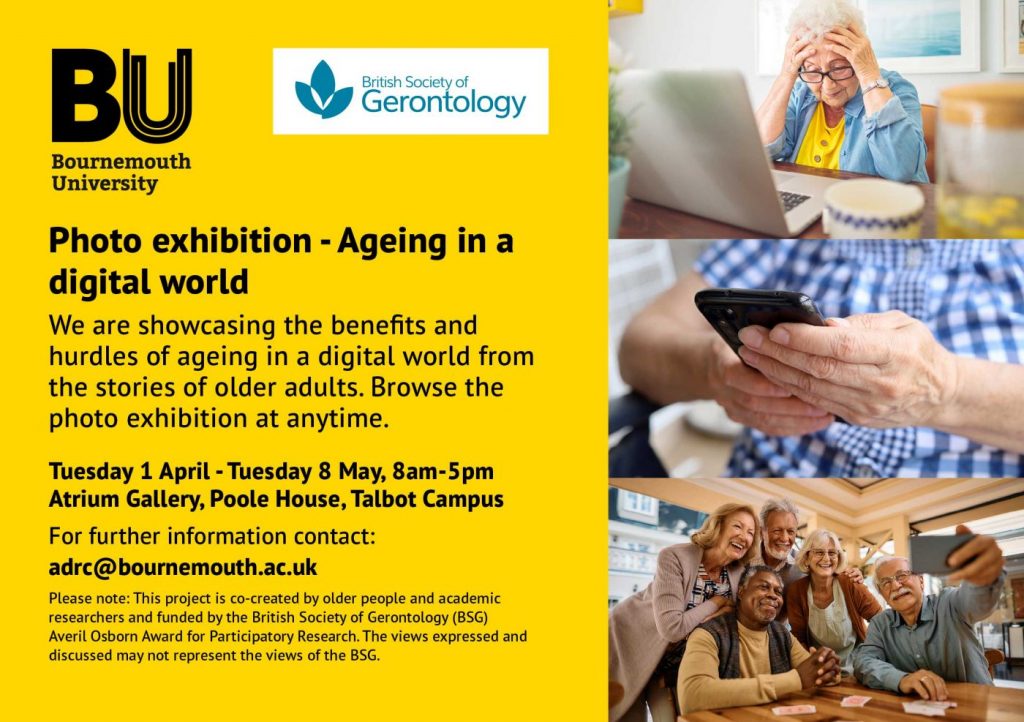
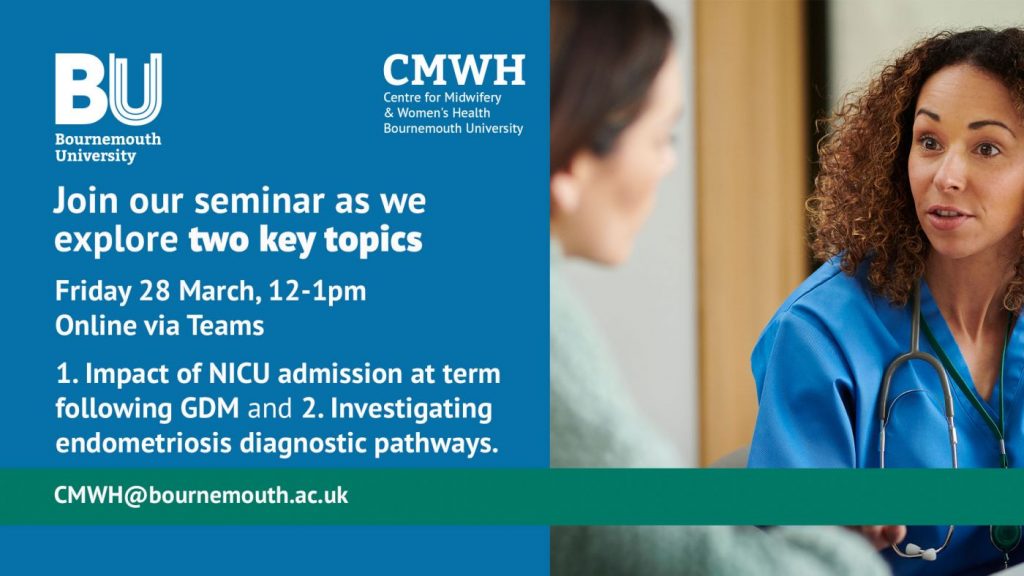
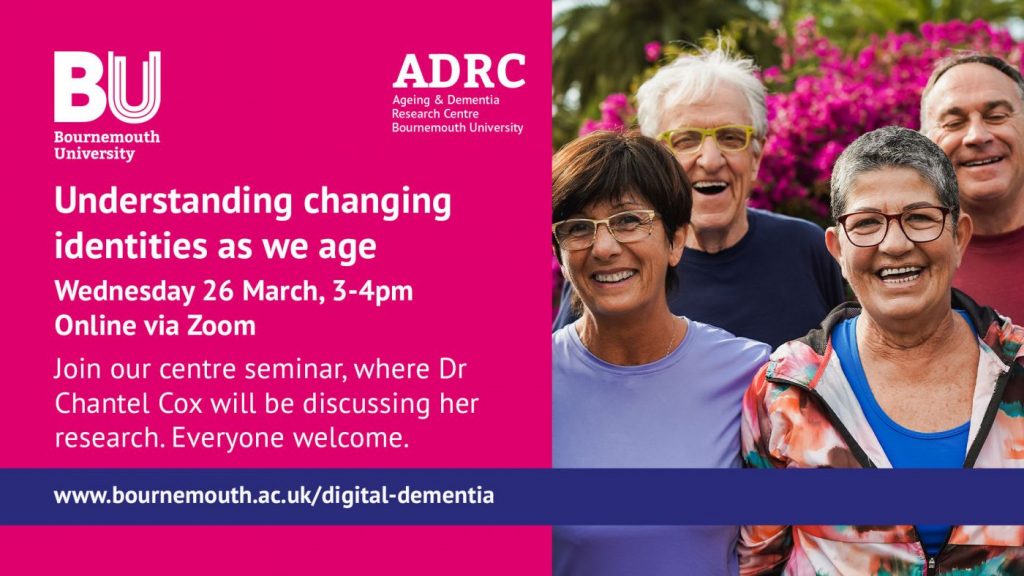



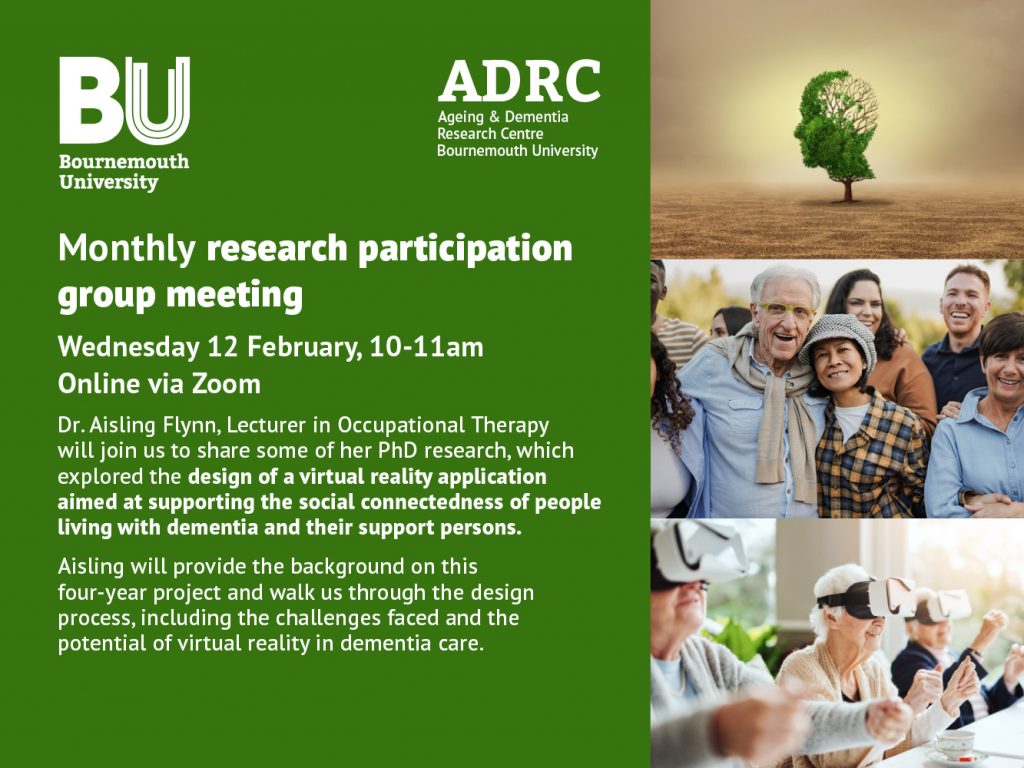
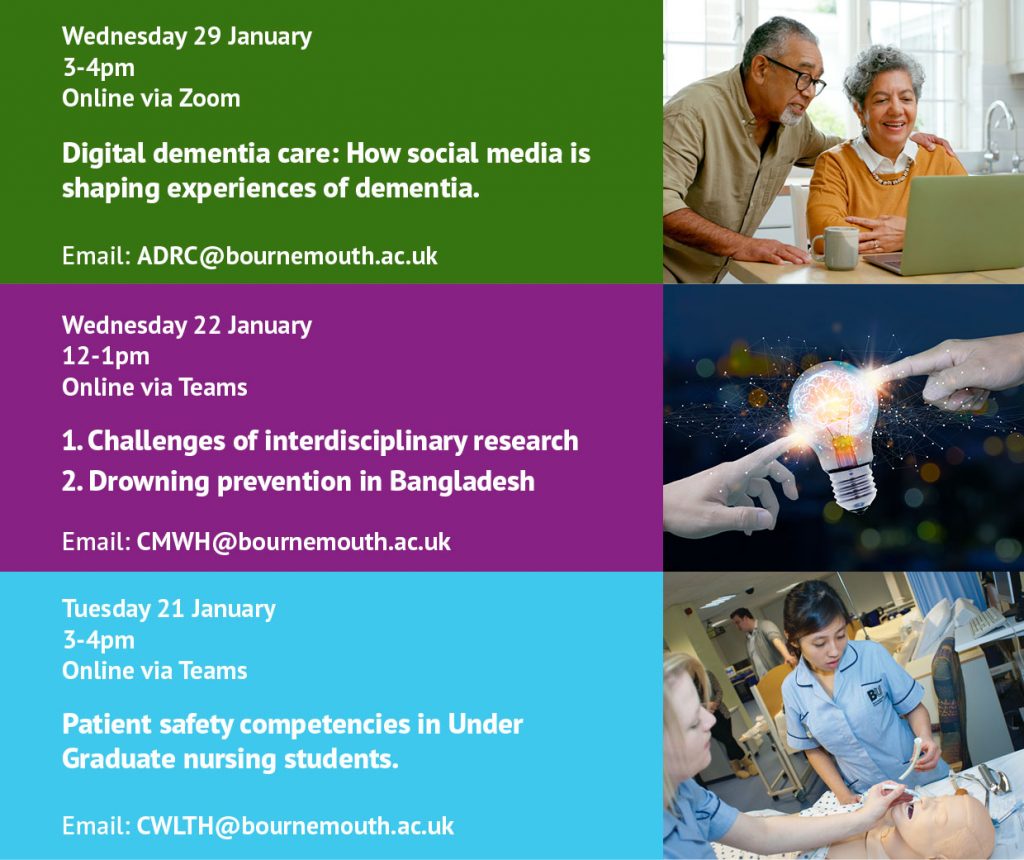











 SPROUT: From Sustainable Research to Sustainable Research Lives
SPROUT: From Sustainable Research to Sustainable Research Lives BRIAN upgrade and new look
BRIAN upgrade and new look Seeing the fruits of your labour in Bangladesh
Seeing the fruits of your labour in Bangladesh Exploring Embodied Research: Body Map Storytelling Workshop & Research Seminar
Exploring Embodied Research: Body Map Storytelling Workshop & Research Seminar Marking a Milestone: The Swash Channel Wreck Book Launch
Marking a Milestone: The Swash Channel Wreck Book Launch ECR Funding Open Call: Research Culture & Community Grant – Application Deadline Friday 12 December
ECR Funding Open Call: Research Culture & Community Grant – Application Deadline Friday 12 December MSCA Postdoctoral Fellowships 2025 Call
MSCA Postdoctoral Fellowships 2025 Call ERC Advanced Grant 2025 Webinar
ERC Advanced Grant 2025 Webinar Update on UKRO services
Update on UKRO services European research project exploring use of ‘virtual twins’ to better manage metabolic associated fatty liver disease
European research project exploring use of ‘virtual twins’ to better manage metabolic associated fatty liver disease